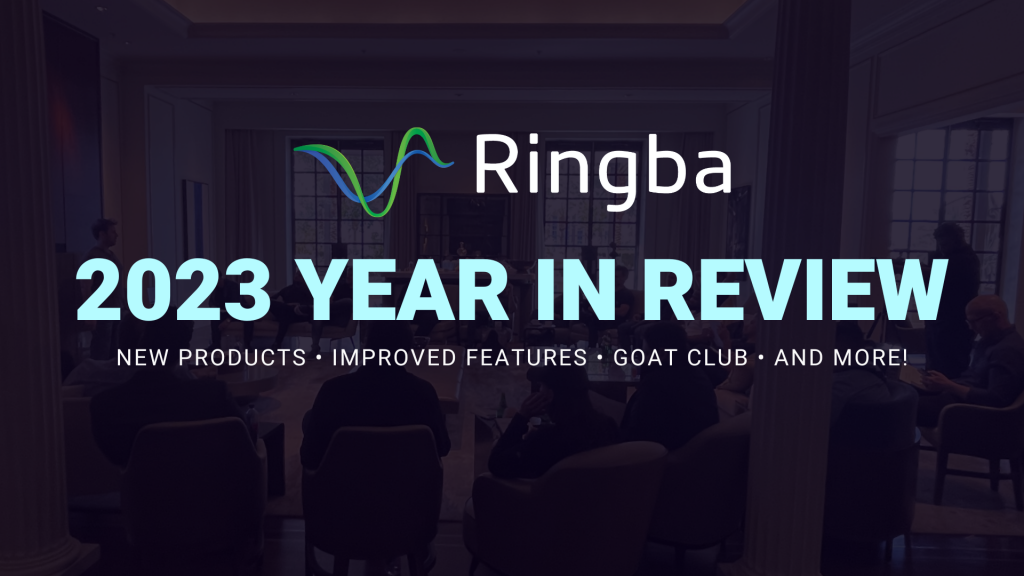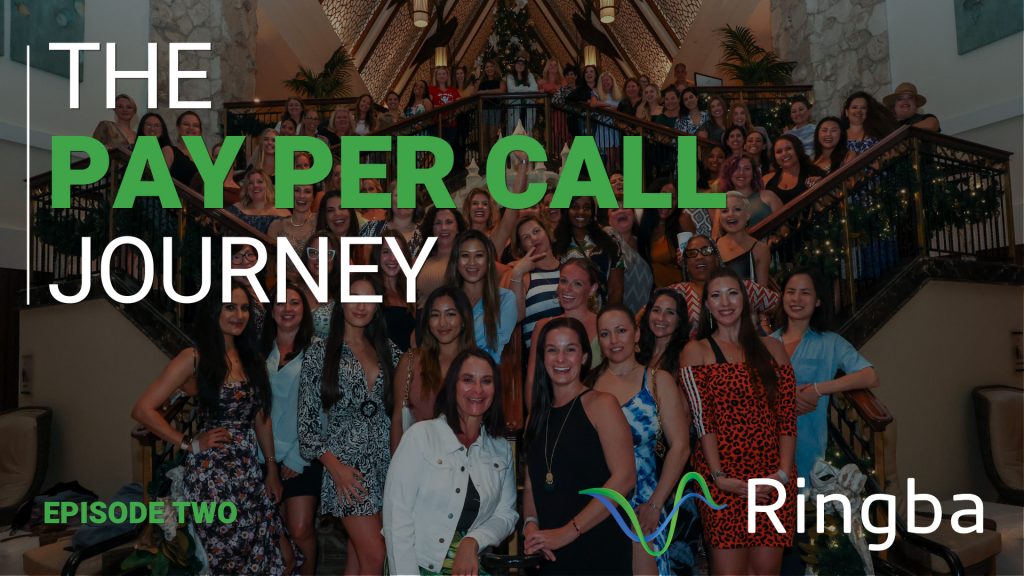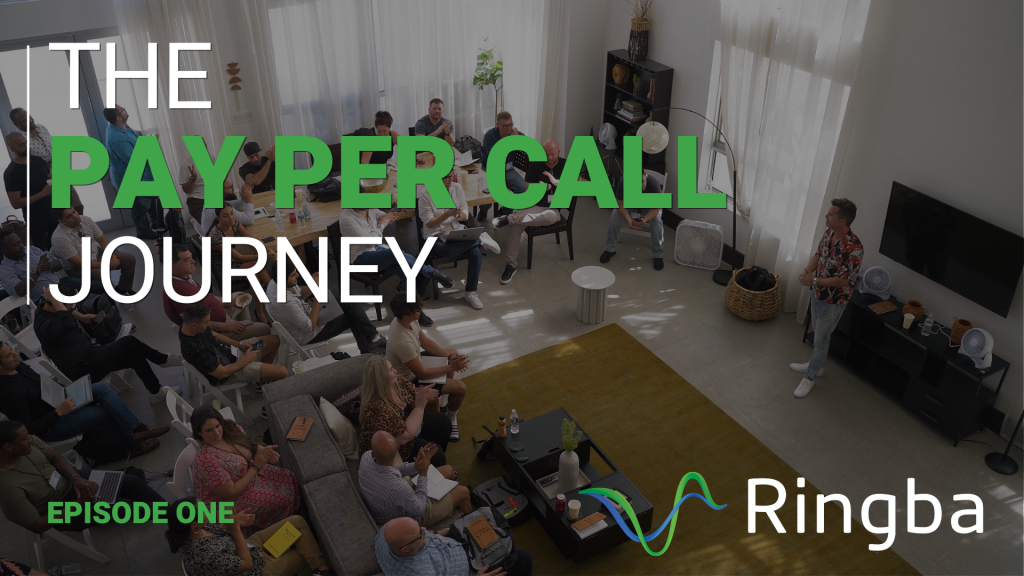Affiliate Marketers in the pay per call space are typically at a disadvantage when they rely on their partner’s tracking platform for their payouts and statistics.
This problem can cost affiliates substantial lost revenue from un-monetized calls, while also leading to over-spending on media buying from a lack of visibility into the key metrics that are driving their calls and conversions.
This lack of information also impedes an Affiliates ability to negotiate with their partners. They often back themselves into a corner, negotiating from a point of weakness, because they don’t have multiple buyers who can compete for their calls. And even if they did have multiple buyers, without call tracking technology affiliates will never be able to properly load balance and route their calls.
Let’s back up for a second:
Affiliate Marketers are third parties that provide calls to brokers, pay per call networks, call centers, and other businesses that are looking for high intent leads to sell their products and services. They’re typically compensated for every phone call they generate, that’s why it is called ‘Pay Per Call’!
In other words, the affiliate is paid only when a call is connected to a buyer that meets all of the predetermined payout criteria. Examples of Payout Criteria include: minimum call duration, area code or geographic location, hours of operation, specific demographic information such as age or income, but can also include more.
When an affiliate generates a call that meets all of the requirements set for the campaign, it is considered a qualified call and they are paid. Most of the time when dealing with pay per call networks, affiliates are paid a flat rate per call, and sometimes get bonuses based on volume or quality.
More sophisticated affiliates use real-time bidding software like Ringba to get buyers to bid on their calls, making sure they get paid top dollar every time.
No Control Over Call Flow
Affiliates that do not use their own call tracking software give control over their destiny to pay per call networks or their other call buyers. There are all kinds of games that call buyers can play that allow them to take advantage of affiliates.
For example, the buyer may have a concurrency cap that is shared among multiple affiliates that may not allocate any specific affiliate guaranteed capacity. This will cause dropped calls to not be paid for and make it almost impossible to buy paid media. The worst part is that and in most circumstances, buyers won’t even disclose if this happens.
Alternatively, buyers may quickly ask the caller for their phone number and say that they will call them right back before the call’s payout duration has been met. This is known as callback fraud, and if you don’t have your own call tracking with recordings in place, you will never be able to catch it.
No Transparency
Affiliates will also not be aware if the buyer decides to bounce calls, misreport the number of raw calls, or misreport the number of calls that met the conversion qualifications without their own call tracking.
Perhaps the partner involved is honest, but calls that go over the buyers capping restriction are simply abandoned.
While this situation remains honest, the affiliate is once again at a disadvantage because the advertising dollars spent to generate the overflow calls are lost. Unfortunately due to the human requirement to answer the phone and unpredictable nature of call flow, this happens a LOT.
Call tracking can solve all of these problems.
No Ability to Scale with Multiple Buyers
Affiliates should have multiple buyers for the same campaigns at all times, otherwise they’re in a single point of failure situation where if their buyer has a technical issue, has no capacity, decides to cut the affiliate off for various reasons, or other instances where their campaign has to be paused, the affiliate does not have anywhere to send their calls.
This can be a dangerous situation that affiliates don’t plan ahead. Due to the potential for ‘easy money’, affiliates are generally not thinking for the long term and this lack of foresight creates a dangerous blind spot for their business.
Affiliates should seek to find multiple buyers for their campaigns.
Typically the more calls, the more buyers they should find, but in almost all circumstances a minimum of 3 buyers is suggested. This gives affiliates the ability to negotiate between multiple buyers, see which are actually performing better, and protect themselves from potential down time.
By having more buyers, the affiliate is now in the power position for negotiating payouts and can pull their traffic from their partners at any time without risking their business.
Call tracking software makes all of this possible.
The Solution? Ringba of course!
Rule #1 for all types of online advertising for affiliates and marketers of any kind is track everything. Many affiliates we have encountered in the call space are reluctant to track their activities because unlike clicks which have a very low tracking cost, call tracking is significantly more expensive.
Yes, it *is* possible to run campaigns without your own call tracking, and many affiliates do, but we have yet to encounter someone not tracking their calls that didn’t have a significant amount of lost call and wasted advertising spend. And that’s a BIG problem.
The solution for affiliates is to leverage call tracking like Ringba to reduce their advertising spend, keep their partners honest with independently verifiable statistics, and to sell off overflow wherever possible. The best part is that almost 100% of the time Call Tracking actually turns into a profit center for Affiliates.
For Affiliates, using your own call tracking puts you in the driver’s seat, giving you control over your call flow and the ability to take your pay per call affiliate business to the next level.






